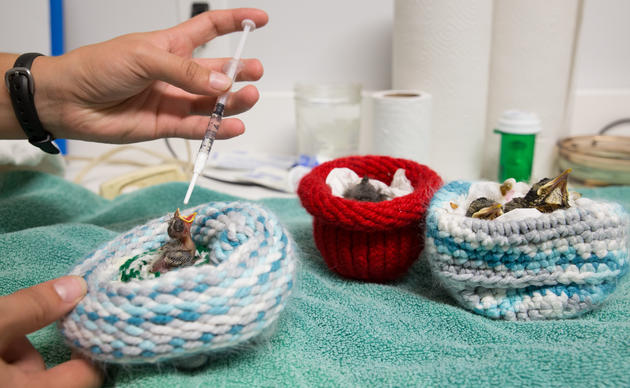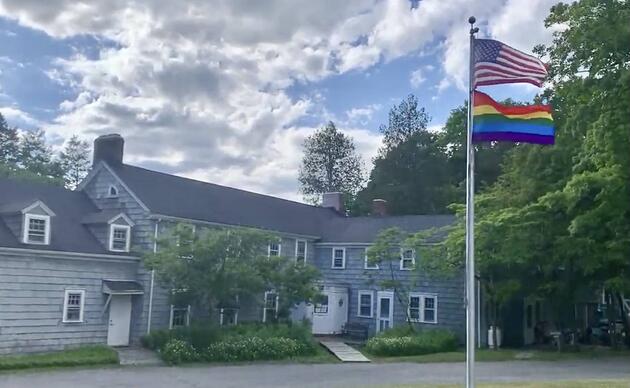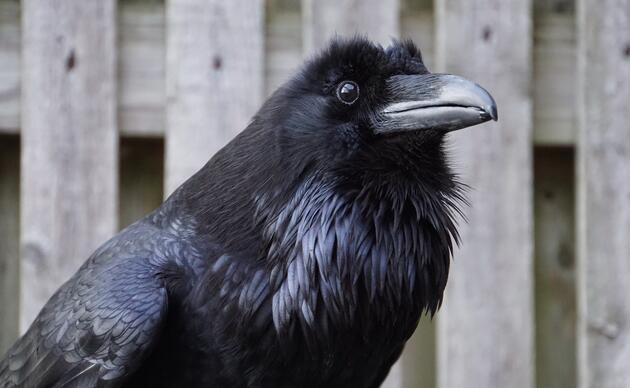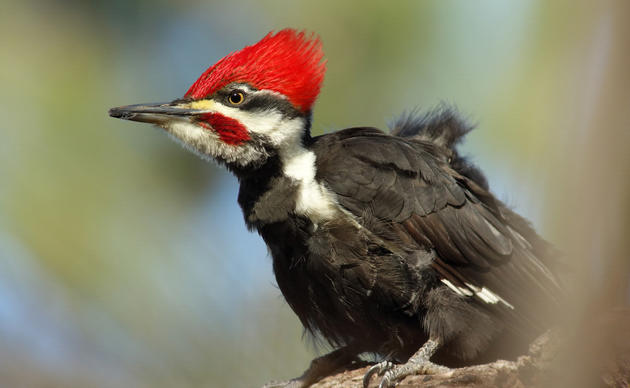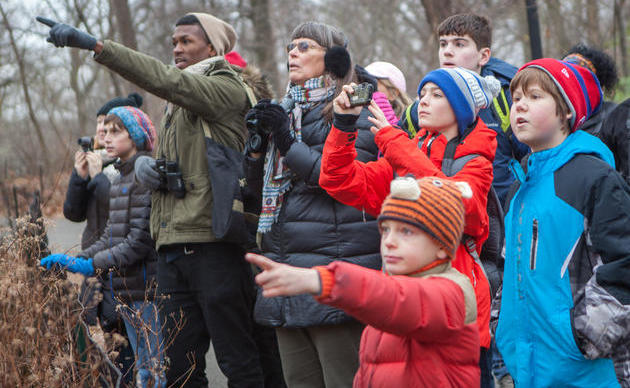Wildlife Rehabilitation Clinic
Directions
The Wildlife Rehabilitation Clinic at Sharon Audubon Center is a Connecticut state and federally licensed wildlife rehabilitation facility for birds, small mammals, and reptiles. Each year, Sharon Audubon Center admits hundreds of sick, injured, and orphaned wildlife patients into the clinic, providing care and treatment with the ultimate goal of returning them to the wild as soon as possible.
Please call 860-492-0106 for assistance and leave a voicemail or email sunny.kellner@audubon.org for a team member to get back to you as soon as possible. Please follow the directions provided in our voicemail and email.
Note: We are not a 24-hour emergency service. If you call after hours, please leave a voicemail or email, follow the directions provided and review our informational page: sharon.audubon.org/help-injured-orphaned-or-sick-wildlife.

Sunny Kellner - Wildlife Rehabilitation and Outreach Specialist
Sunny Kellner is the Wildlife Rehabilitation and Outreach Specialist at Sharon Audubon Center. She conducts medical examinations of injured wildlife and works with local veterinarians to provide treatment to the animals. She also trains volunteers and travels with our resident birds and reptiles across Connecticut, Massachusetts, and New York to teach environmental education and conservation programs to thousands of school children each year.
Select here to learn about our resident animals

Becoming a Wildlife Rehabilitator in Connecticut
A person who wishes to treat and care for an injured wild animal in Connecticut must have a Connecticut Rehabilitator's License.
Some requirements include:
- Acquiring an application from the Connecticut Department of Energy & Environmental Protection (CT DEEP)
- Applicants must:
- be at least 18 years old
- conduct 40 hours of volunteer work under a licensed rehabilitator
- pass a written examination
Most rehabilitators provide their services on a volunteer basis and appreciate donations to fund their operations.
Please note: It is in the best interest of the animal that it be brought to a licensed rehabilitator as soon as possible for adequate treatment and the greatest chance for survival and release.
How you can help, right now
Learn & Explore
Where birds thrive, people prosper. Help us transform local communities into places where birds flourish. Learn what you can do to nurture wildlife, nature, and conservation in Connecticut.
Support Our Work
Through land stewardship, science, education, and advocacy, we work to preserve habitat and protect bird species that are of state, national, and global concern. Your gift makes a difference.
Join Our Family
When you become a member of Sharon Audubon Center, you are protecting critical woodlands and a natural heritage for generations to come. Help us do great things.

